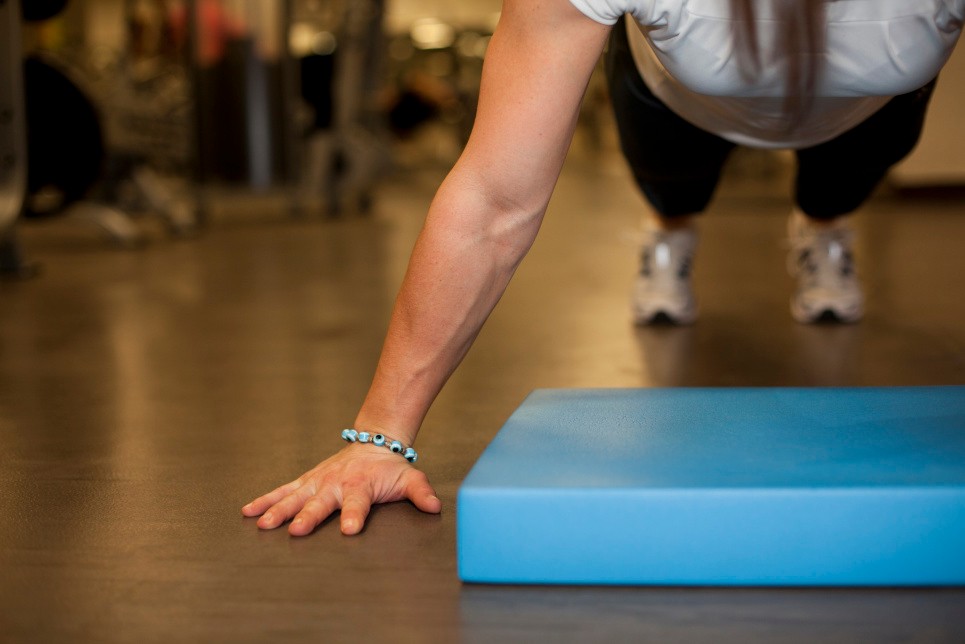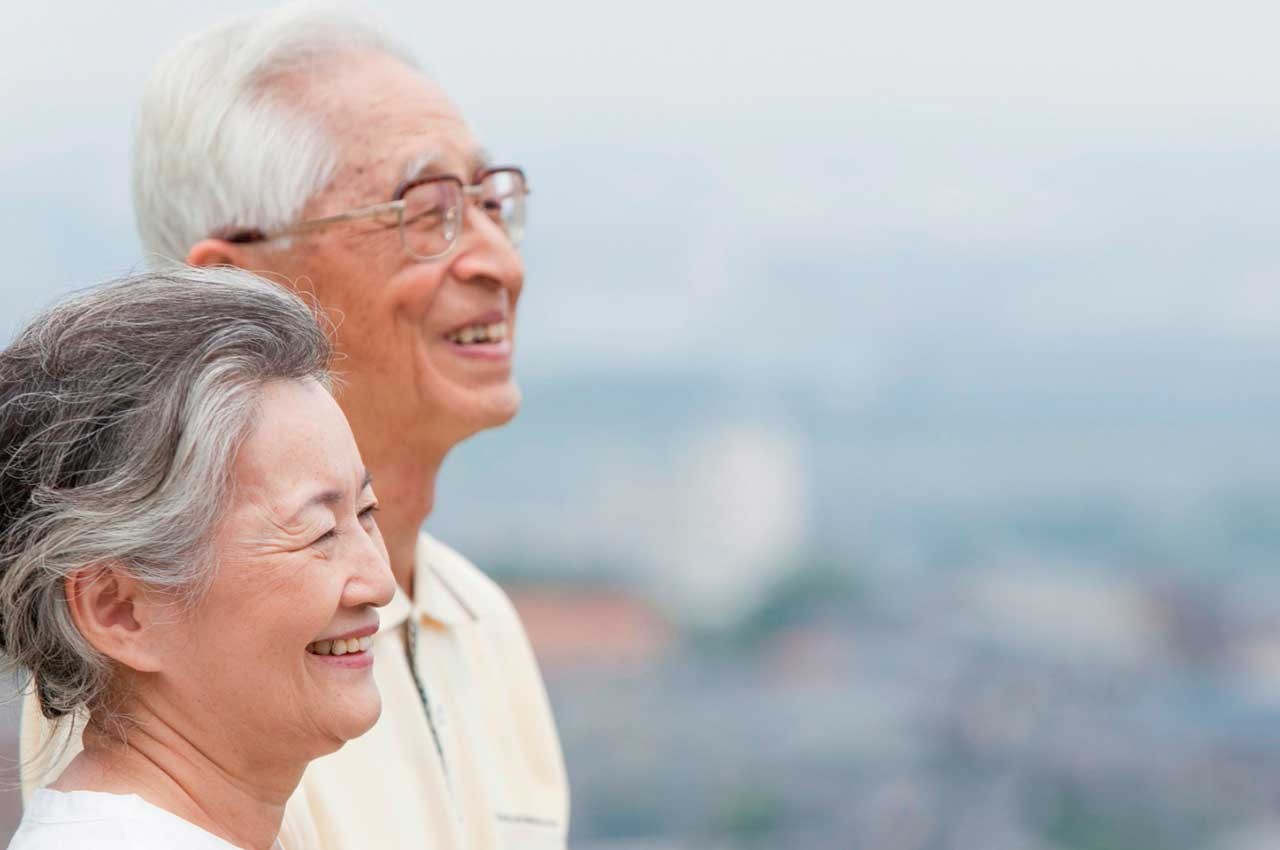Recreotherapy
"We're offering recreational therapy online."

For many, 2020 has been a year filled with isolation and down time. Recreotherapy, an initiative started by Erica Botner, is a creative way to meet the need for togetherness. A.C.E.S, an online community for staying Active, Connected, Engaged and Stimulated, is a branch of Recreotherapy that will be developed and implemented by 5 student interns in the coming year. Vivian Nguyen, a student in Therapeutic Recreation Program, took part in developing the program last semester and will be evaluating A.C.E.S in the coming semester as an independent study. “I enjoyed getting to know the clients, creating fun activities that we could do together and providing prompts to encourage participation,” she says.

The idea came about due to a lack of internship placements for Therapeutic Recreation (TR) students in the Fall. Michelle Vezina, an ETA lecturer in the Applied Human Sciences department, oversees helping TR students find work placements. Vezina found that in the Fall, it became harder and harder to find internships for students. “It was clear that we needed to find solutions that allowed internship students to stay on course with their degree requirements,” says Vezina. Paired with prevailing social isolation and a shortage of stimulation within communities, the opportunity provided by Recreotherapy has been great for both the community as well as Concordia students.

A.C.E.S will be offered to anyone within Canada and will touch a wide range of people from seniors to adults facing mental health issues to homeschooled children – anyone who is isolated and lacking stimulation. It will be provided for free this winter, thanks to a subsidy from CHHSN, the Community Health and Social Services Network. Starting sometime in late January, the program will run for 10 weeks and will incorporate a mix of 1:1 and small group programs. The diverse range of ages and backgrounds will provide for intergenerational connection and learning. “We might end up doing a storytelling group with seniors and children, which is so important especially now,” says Erica Botner, who is excited about the potential invaluable outcomes of connecting people. In a previous run of the program, Ms. Botner ended up re-connecting her father with a childhood friend, entirely by chance.
When asked how the program has changed now that it needs to be online, Ms. Botner says that although it is different, the new setup has allowed them to learn techniques on how to create engaging content. “It’s about creating meaningful experiences online and using technology in a purposeful way. We’re not just mindlessly spending time online.” The activities are based on the pillars of brain health: physical activity (moving), cognitive stimulation (learning), creative expression (creating), social connection (connecting), and stress management (recharging). As it stands, the first 5 weeks will contain more 1:1 programming whereas the second half will involve more small group activities. But the programs will be based on the interests and needs of the participants, allowing for an individualized experience that “will be meaningful and bring joy to the participants,” says Botner.
Recreation Therapy has become an essential service, whereas in the past it has been undervalued. “I’ve been hearing really horrible stories from people who are isolated, and the idea is that everyone can benefit from it,” muses Botner, who hopes her program can help keep people above water until it is possible to see each other safely once again, while giving the opportunity for students to get some hands-on experience.
Register online for A.C.E.S. to participate in online recreotherapy.
This article was written by Emily Andrews.
